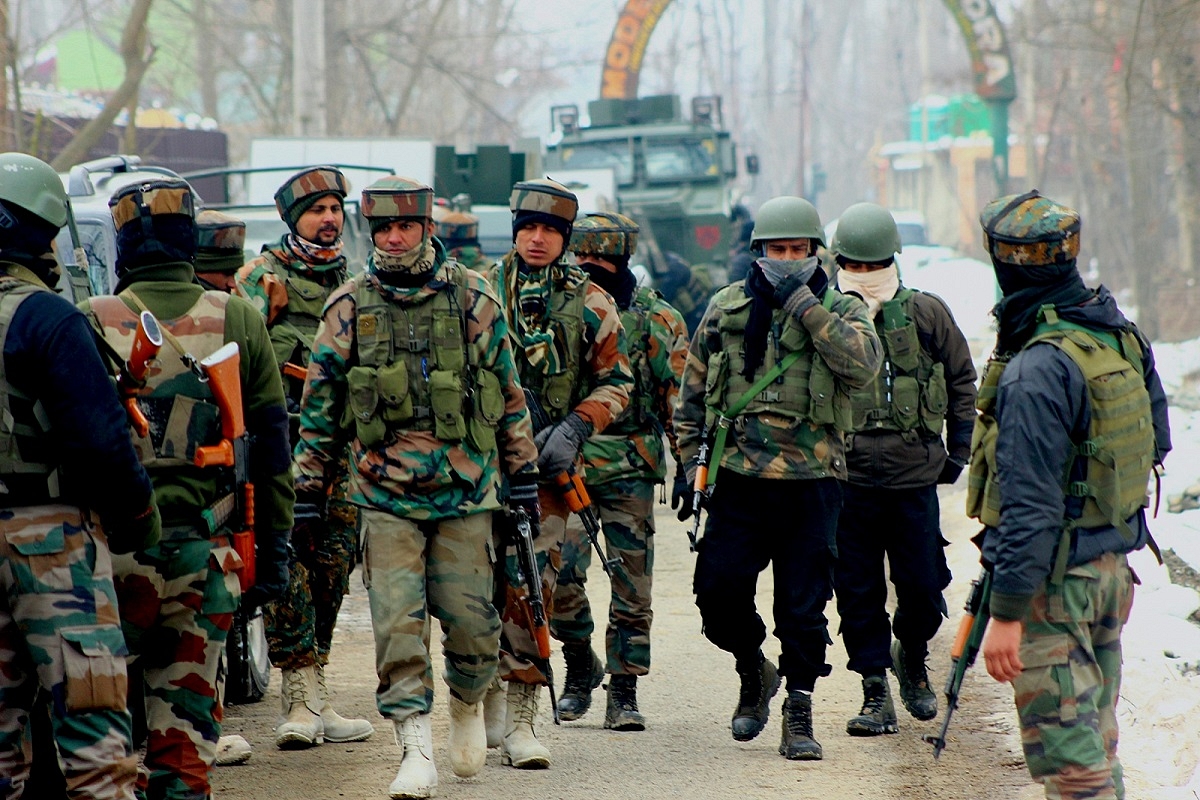News Brief
Indian Companies Secure Landmark Contracts To Supply Small Arms To Indian Army: Here's All About It

Indian Army (Representative image).
Two Indian companies have achieved a significant milestone in the country's indigenous defence sector by securing contracts to supply small arms to the Indian Army.
Lokesh Machines Limited (LMT) has emerged as the top contender, surpassing PLR Systems and Jindal Defence, to win a contract to supply 550 9x19mm ASMI Submachine Pistols to the Indian Army's Special Forces as per a report by news portal news9live.
Valued at Rs 4,60,10,250, this contract is particularly noteworthy as it marks the first order for an indigenous small arm after the INSAS rifle.
The ASMI is the brainchild of Colonel Bansod, often referred to as India’s own Colonel Kalashnikov, and is the only Indian Army officer in the last 75 years to have designed and developed a weapon.
Currently in limited series production, the 9×19 mm carbine was designed to replace a million World War 2-era British-designed Sterling carbines and is seen as an attractive export option due to its low cost, estimated to be less than Rs 50,000 per piece.
LMT’s success in securing this contract signifies a breakthrough for the Indian defence industry and showcases the capability of domestic manufacturers to compete against established players.
Although Jindal Defence’s Taurus T9 was surpassed by LMT’s ASMI, it has secured a separate contract worth Rs 4,25,97,500 for 550 9x19mm Machine Pistols for the Indian Army.
The Taurus T-9 is the result of a collaboration between India’s Jindal Defence and Brazilian strategic defence manufacturing conglomerate Taurus.
The T-9 submachine pistols will be manufactured in India through Transfer of Technology (ToT).
The selection of the Taurus T-9 and the ASMI demonstrates the Indian Army’s confidence in indigenous technological capabilities and reinforces the ‘Make in India’ initiative.
It is the culmination of the collective efforts of Indian enterprises, research institutions, and policymakers in establishing a self-reliant defence ecosystem.
India must now strive to maintain this momentum by continuing to invest in research and development, nurturing local talent, and fostering public-private collaboration to position the country as a formidable player in global defence.
Support Swarajya's 50 Ground Reports Project & Sponsor A Story
Every general election Swarajya does a 50 ground reports project.
Aimed only at serious readers and those who appreciate the nuances of political undercurrents, the project provides a sense of India's electoral landscape. As you know, these reports are produced after considerable investment of travel, time and effort on the ground.
This time too we've kicked off the project in style and have covered over 30 constituencies already. If you're someone who appreciates such work and have enjoyed our coverage please consider sponsoring a ground report for just Rs 2999 to Rs 19,999 - it goes a long way in helping us produce more quality reportage.
You can also back this project by becoming a subscriber for as little as Rs 999 - so do click on this links and choose a plan that suits you and back us.
Click below to contribute.
Latest